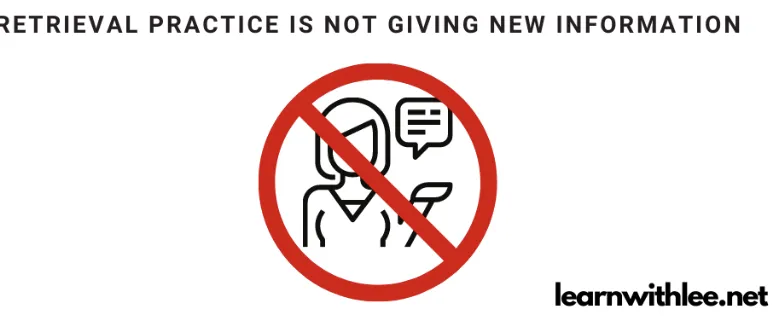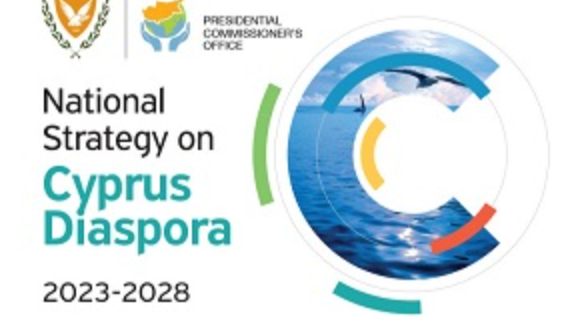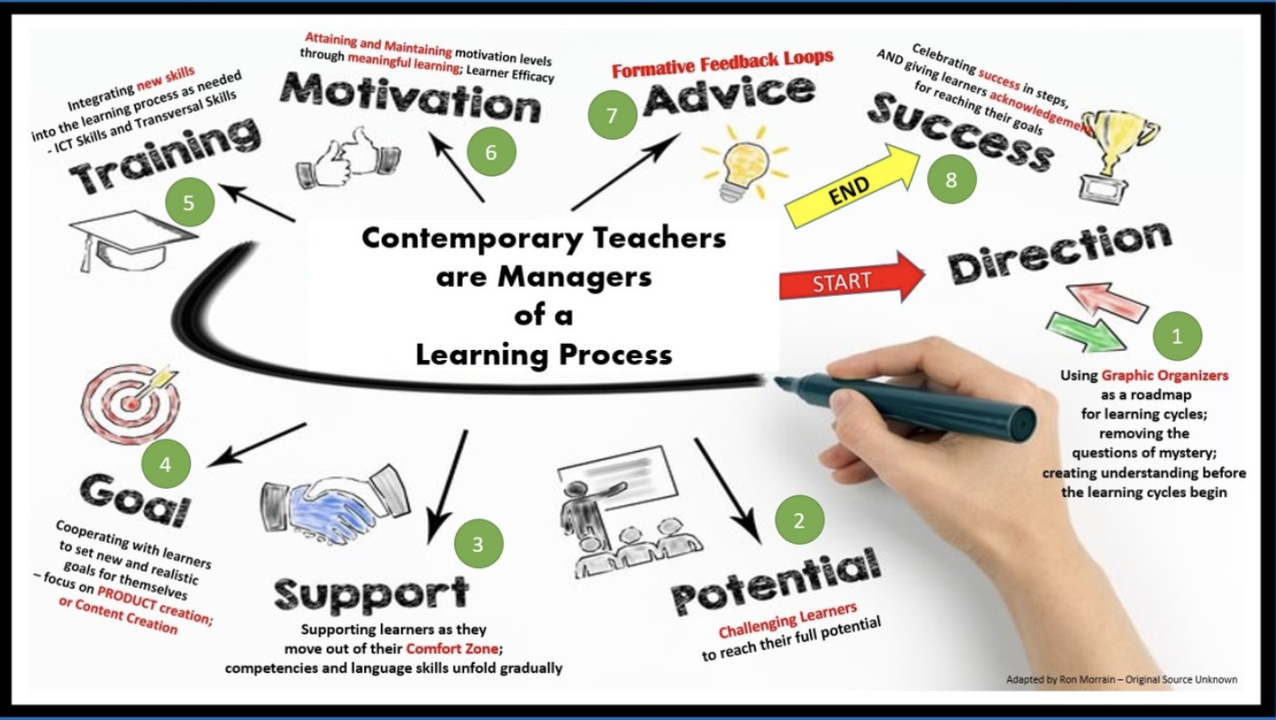
Dr. Tassos Anastasiades
Transforming Global Education: Leading with Innovation, Mindfulness, and Cultural Insight
March 3, 2025
Retrieval Practice – what is it?
In today’s fast-paced educational environment, schools are constantly seeking strategies to enhance student learning and retention. Research in cognitive science offers a powerful tool: retrieval practice. This approach, which emphasises active recall of information, goes beyond traditional study methods like re-reading, leading to deeper understanding and long-term retention.
Retrieval practice is a learning strategy that emphasises actively recalling information from memory, rather than passively reviewing it. It involves deliberately trying to bring learned information to mind, strengthening neural pathways and improving long-term retention. Unlike re-reading or re-studying, which offer a fleeting sense of familiarity, retrieval practice requires mental exertion, making it a more effective method for solidifying knowledge and enhancing the ability to apply it.
The Power of Retrieval Practice
As highlighted in recent studies, retrieval practice—actively trying to remember learned material—significantly boosts long-term memory. This “testing effect” is not just a theoretical concept; it’s a proven method to enhance learning across various subjects and age groups.
While free recall is a common form of retrieval practice, other methods like practice quizzing, test-generation, and keyword generation are also effective. Notably, combining these strategies with free recall can further enhance learning outcomes. This suggests schools should adopt a multifaceted approach to retrieval practice, catering to diverse learning styles and needs.
Practical Implementation for Schools
To effectively implement retrieval practice, schools should consider the following:
- Diversify Retrieval Methods: Encourage teachers to incorporate various forms of retrieval practice, including free recall, quizzes, test-generation, and keyword activities, into their lesson plans.
- Integrate Formative Assessment: Use retrieval practice as a formative assessment tool, allowing students to identify knowledge gaps and teachers to adjust their instruction accordingly.
- Provide Regular Feedback: Offer timely and constructive feedback to students, reinforcing correct answers and addressing misconceptions.
- Create a Supportive Learning Environment: Emphasize that retrieval practice is a learning tool, not just a testing mechanism, reducing anxiety and promoting a growth mindset.
- Train Teachers: Provide professional development opportunities for teachers to learn about retrieval practice and how to effectively integrate it into their classrooms.
- Combine Strategies: Encourage teachers to combine retrieval methods for optimal learning.
Benefits for Students and Schools
By implementing retrieval practice, schools can:
- Enhance student retention of learned material.
- Promote deeper understanding and critical thinking skills.
- Improve student performance on assessments.
- Create a more engaging and effective learning environment.
- Foster lifelong learning habits.
Conclusion
Retrieval practice is a powerful tool that schools can leverage to enhance student learning and achievement. By adopting a diversified and integrated approach, schools can move beyond rote learning and cultivate a culture of deep understanding and lasting knowledge.
This approach is in line with New Generation Private School’s vision to “Inspire to learn, learn to innovate and lead to empower.” It also matches the school’s mission to “nurture resilience, determination, and an unwavering ‘can-do’ attitude in our students.”








